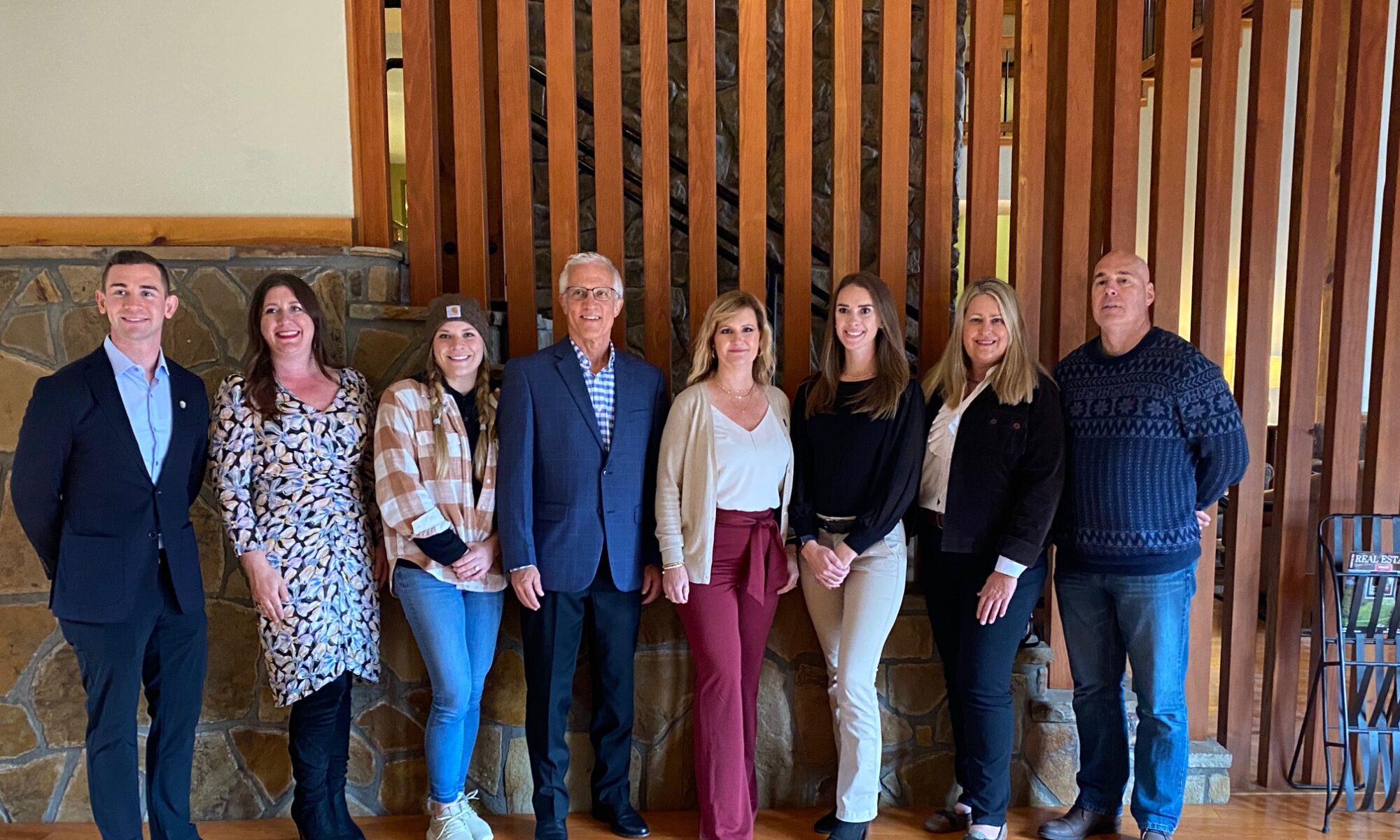In the market to buy a home? It can sometimes be overwhelming and confusing to determine which loan program is right for you. This will vary based on the individual, the property intended to purchase, and even the overall purchase price. The most common loan programs will be available through most mortgage providers, but the terms or aspects may be different depending on that bank’s programs.
One of the most common loan programs is an FHA loan. The Federal Housing Administration, or FHA, is an agency of the Department of Housing and Urban Development. FHA loans are insured by the federal government which provides additional security. This is a very attractive program for many first-time homebuyers. FHA loans offer low down payments, can work for lower credit scores, offer more flexible debt-to-income ratios, and even offer the option for rehab loans that take into account future work for your new home (for this to happen, lenders must offer the FHA 203K program).
Another common type of loans are Veteran Affairs, or VA loans. VA loans are offered to active duty service members, veterans, and surviving spouses who meet a minimum of 90 continuous days of active duty. The majority of VA loans do not require a down payment, do not require mortgage insurance, and have capped closing costs. The home you purchase with a VA home must be your primary residence, and there are other factors that come into play, so it may not always be the best option based on the property. VA loans are also government insured.
Conventional loans are not government backed; they are offered by private institutions. These loans will vary by mortgage company in terms of rates and programs. Conventional loans can be used for any type of property and offer the option to cancel your mortgage insurance after you’ve reached 20% equity. There are strict requirements for conventional loans, and private mortgage insurance (PMI) is required if 20% equity is not met.
If conventional loans are out of the question, another government insured loan available in our area is the USDA loan. The U.S. Department of Agriculture (USDA) created this nationwide program to offer financing options for moderate to low-income individuals in mostly rural areas. USDA loans do not require a down payment, but the property and the purchaser must both be eligible. USDA loans can also be used for refinancing if you currently have a USDA loan. There are strict guidelines for the property location and the home must be used as a primary residence.
While these are the most common programs, there are more out there! If you’re interested in purchasing a home and trying to decide which program is best for you, reach out to your local lending institutions! They can provide valuable guidance based on your income, current financial situation, and property in mind.


